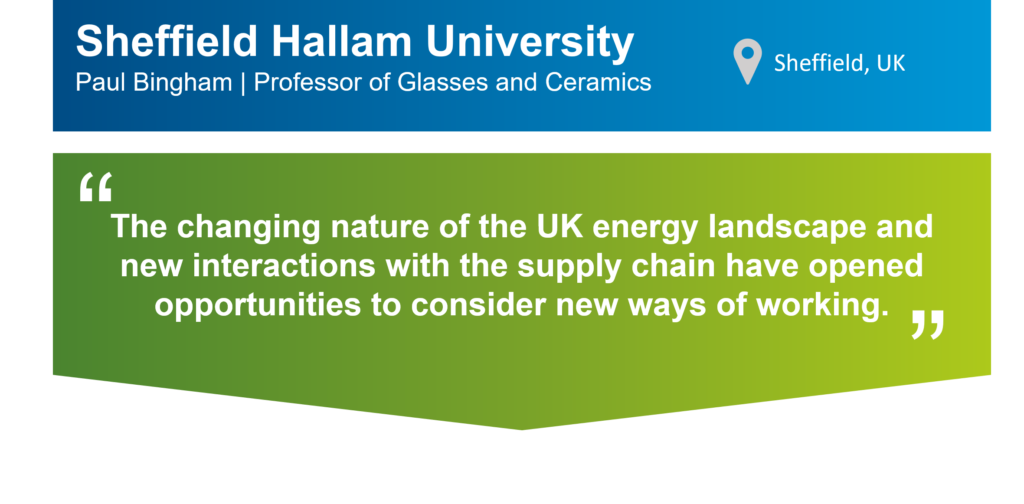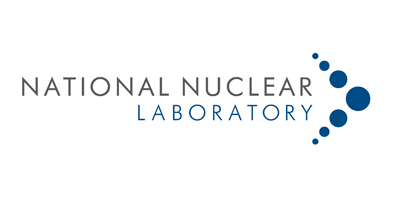Collaboration is at the root of success
A UNITED MISSION | AQUEOUS RECYCLE | ENGAGEMENT | NNL | SUPPLY CHAIN AND ECONOMY | UNIVERSITIES AND ACADEMIAAFCP is connecting expertise across the nation. Paul Bingham, Professor of Glasses and Ceramics at Sheffield Hallam University, summarises how collaboration with the National Nuclear Laboratory (NNL) and the University of Sheffield is enabling the university to grow their current capabilities.

Challenge
Exposure and resources are key to meet a Net Zero future
Here at Sheffield Hallam University (SHU), we have made great strides in enhancing our research and innovation reputation in the industrial landscape. However, competition from larger, more established, research-intensive universities remains strong. Thus, collaboration with others is a key factor in our growth and our ability to meet the Net Zero challenge. Whilst limited, our resources continue to gain in strength and depth although further investments in capability will be needed to best enable us to meet these challenges.
Solution
Partnerships that benefit all
AFCP enables SHU to collaborate directly with not only the UK National Nuclear Laboratory (NNL), but also an esteemed, research-intensive university – the University of Sheffield – with excellent breadth and depth of capability. This collaborative approach helps us meet our objectives technically, whilst providing greater visibility and access for our researchers and, conversely, for the researchers from the University of Sheffield and NNL.
Impact
Exposure to diverse stakeholders to support future work
AFCP provides greater external visibility to SHU, our capabilities and people – which is a vital to growing our reputation and capabilities. The programme has also enabled us and the University of Sheffield to gain greater visibility to NNL and UK Government Department for Business, Energy and Industrial Strategy (BEIS) in terms of the strong joint offering. Such visibility will help us – and others – to access future work streams related to AFCP based on a strong outcome from the present project.
AFCP is part of the Department for Business, Energy and Industrial Strategy (BEIS) £505m Energy Innovation Programme.
